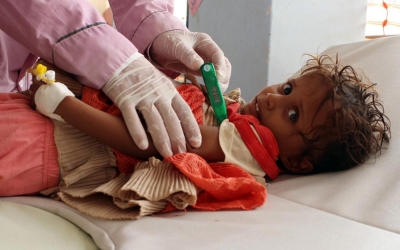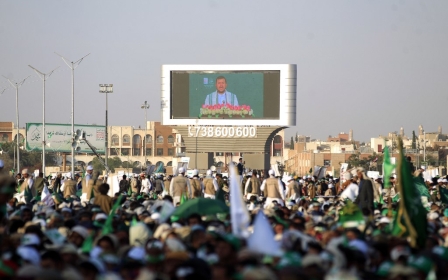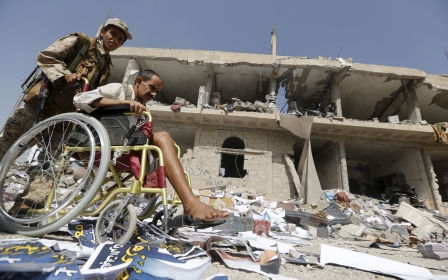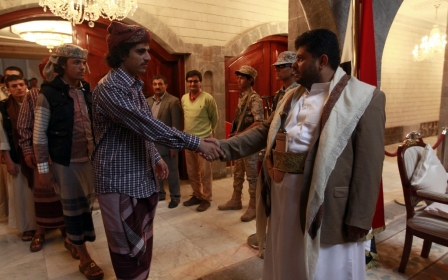Washington must extend protection for Yemenis sheltering in US, says rights group
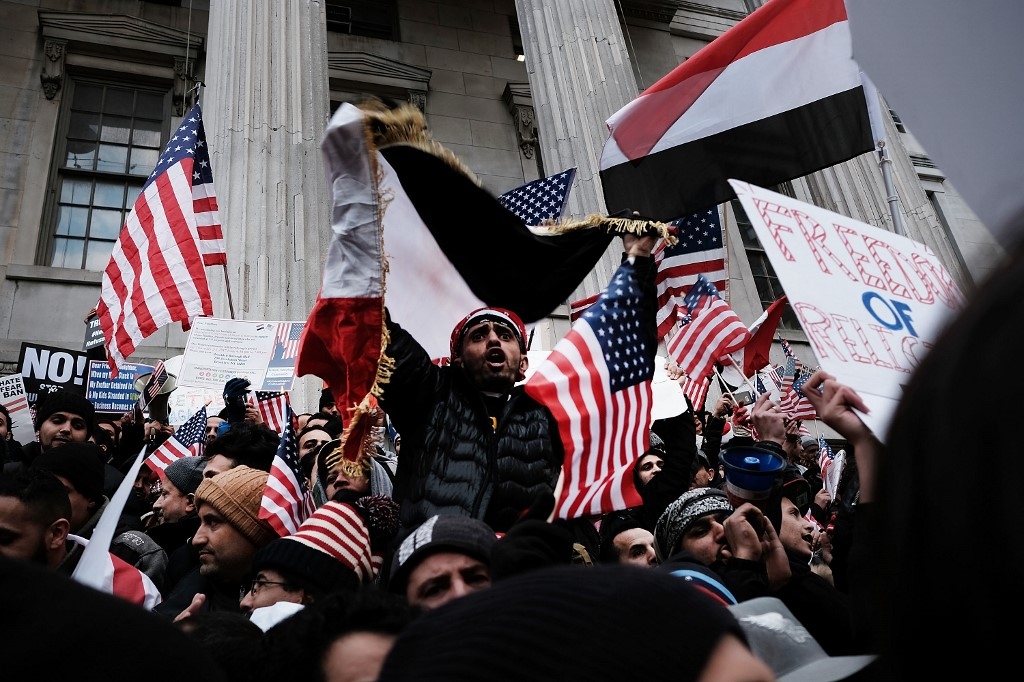
A rights organisation is urging Washington to not deport Yemeni nationals living in the United States ahead of a deadline that gives Yemenis Temporary Protected Status (TPS).
In July 2018, the Department of Homeland Security (DHS) issued an extension for the protected status of Yemenis in the US. The current expiration for this extension is 3 March 2020. The DHS has until 3 January to determine whether it will grant an extension of the TPS to Yemeni nationals.
"Given the US role in the Yemen conflict, it would be particularly cruel not to extend TPS for Yemenis in the US," Andrea Prasow, acting Washington director at Human Rights Watch, said in a statement. "Washington needs to make clear that it won't send people back to a country wracked by war and famine."
TPS allows persons fleeing conflict, including war and natural disasters, to live and work in the US for a period of time.
'Washington needs to make clear that it won't send people back to a country wracked by war and famine'
An extension would also expand the eligibility to allow Yemenis who arrived after the cutoff date to apply for protected status. As it stands, the cutoff date is 4 January 2017.
New MEE newsletter: Jerusalem Dispatch
Sign up to get the latest insights and analysis on Israel-Palestine, alongside Turkey Unpacked and other MEE newsletters
According to the State Department, about 1,250 Yemenis have been allowed to live in the US under TPS since Washington gave Yemen the designated status in 2015.
The department also issued a travel advisory for the country in April, saying "no part of Yemen is immune to violence". In November, it warned, "Do not travel to Yemen" due to terrorism, health risks, and landmines.
In 2015, Saudi Arabia and the United Arab Emirates launched an air and ground campaign in Yemen against the country's Houthi rebels, who had overrun the capital Sanaa and ousted Saudi-backed President Abd Rabbuh Mansour Hadi.
The conflict has killed tens of thousands of people, caused outbreaks of preventable diseases and brought the country to the verge of famine. The United Nations has said the humanitarian crisis in Yemen is the "worst in the world".
In a report to the UN Security Council in September, a group of Yemeni experts said "there is no safe place to hide from the fighting" in Yemen and that some parties in the conflict have committed violations that "are likely to amount to war crimes".
Despite multiple efforts from Congress to end the US role in the Yemen war, the Pentagon's 2020 budget was approved without any amendments restricting to the Saudi-led coalition's efforts in the country.
The Saudi-led coalition has received intelligence, logistical assistance including refuelling planes, and weaponry from the US.
"The US has contributed to laws-of-war violations in Yemen by continuing to supply bombs and other weapons to abusive Saudi-led coalition forces," HRW's Prasow said. "It shouldn't add to its disgraceful record by forcibly returning Yemenis to that conflict."
Middle East Eye delivers independent and unrivalled coverage and analysis of the Middle East, North Africa and beyond. To learn more about republishing this content and the associated fees, please fill out this form. More about MEE can be found here.


